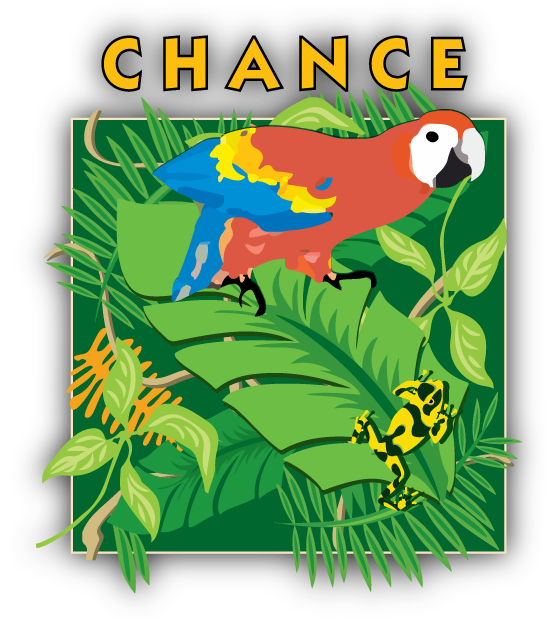Romania 2023 Field Course Syllabus
Part 1: Course Assignments (Online)
Pre-field
Journal 20% (200 points)
(5 Journal Assignments: 40 points each)
Description: Your journal entries will be 2-3 paragraph (500-1,000 words) responses to weekly prompts intended to facilitate personal and professional reflection.
Field Preparation 40% (400 points)
(Research Paper Questions: 100 points; Mini-Lab Report: 300 points)
Description: You will be trained on a variety of scientific research skills necessary to participate in the field experiments (assigned CURE) in the Danube Delta in Romania.
Collaboration and Communication 40% (400 points)
(3-Minute UN SDG Video: 50 points; Video Questions: 50 points; Final Oral Presentation: 300 points)
Description: As part of working in your team projects, you will also strengthen your “soft skills”, including professional communication and cultural humility.
Part 2: Course Assignments (Face-to-Face)
Field
Journal 20% (200 points)
Description: Your journal entries will be short (250-500 words) responses to daily prompts intended to facilitate personal and professional reflection.
CURE Project 50% (500 points)
Description: You will work in an international team to design, implement, and collect, interpret, and present data for a research project related to improving the sustainability of the Danube waterway.
Service-Learning Project 15% (150 points)
Description: While in Romania, you will also participate in a service-learning project.
Reflection 15% (150 points)
Description: After your return to the USA, you will submit your responses to your journal field prompts and two-three additional post-field questions which serve the function of solidifying connection between what you experienced and the meaning/learning that you derived from that experience.
Participants of CHANCE Romania 2022
Evaluation Methods
Scoring Rubric
Scoring Rubric for Select Pre-Field Assignments, Field Notebook, and Post-Field Assignment (PDF)
Scoring Rubric for Oral Field Research Presentations (PDF)
Scoring Rubric for Journal Prompts (PDF)
Penn State University letter grade equivalents:
A |
A- |
B+ |
B |
B- |
C+ |
C |
D |
F |
94-100 |
90-94 |
87-89 |
84-87 |
80-83 |
75-79 |
70-75 |
60-69 |
0-59 |
All assignments will be posted in Canvas. Overall, assignments should be typed and submitted according to the format outlined on the assignment sheet. Late assignments will be docked 10% per day.
University Policies
Academic integrity Statement
Academic integrity is the pursuit of scholarly activity in an open, honest and responsible manner. Academic integrity is a basic guiding principle for all academic activity at The Pennsylvania State University, and all members of the University community are expected to act in accordance with this principle. Consistent with this expectation, the University’s Code of Conduct states that all students should act with personal integrity, respect other students’ dignity, rights and property, and help create and maintain an environment in which all can succeed through the fruits of their efforts.
Academic integrity includes a commitment by all members of the University community not to engage in or tolerate acts of falsification, misrepresentation, or deception. Such acts of dishonesty violate the fundamental ethical principles of the University community and compromise the worth of work completed by others.
Penn State Academic Integrity Policy
DISABILITY ACCOMMODATION STATEMENT
Penn State welcomes students with disabilities into the University’s educational programs. Every Penn State campus has an office for students with disabilities. Student Disability Resources (SDR) website provides contact information for every Penn State campus. For further information, please visit Student Disability Resources website.
In order to receive consideration for reasonable accommodations, you must contact the appropriate disability services office at the campus where you are officially enrolled, participate in an intake interview, and provide documentation: See documentation guidelines. If the documentation supports your request for reasonable accommodations, your campus disability services office will provide you with an accommodation letter. Please share this letter with your instructors and discuss the accommodations with them as early as possible. You must follow this process for every semester that you request accommodations.
COUNSELING AND PSYCHOLOGICAL SERVICES STATEMENT
Many students at Penn State face personal challenges or have psychological needs that may interfere with their academic progress, social development, or emotional wellbeing. The university offers a variety of confidential services to help you through difficult times, including individual and group counseling, crisis intervention, consultations, online chats, and mental health screenings. These services are provided by staff who welcome all students and embrace a philosophy respectful of clients’ cultural and religious backgrounds, and sensitive to differences in race, ability, gender identity and sexual orientation.
Counseling and Psychological Services at University Park (CAPS) : 814-863-0395
Counseling and Psychological Services at Commonwealth Campuses
Penn State Crisis Line (24 hours/7 days/week): 877-229-6400
Crisis Text Line (24 hours/7 days/week): Text LIONS to 741741
EDUCATIONAL EQUITY/REPORT BIAS STATEMENTS
Consistent with University Policy AD29, students who believe they have experienced or observed a hate crime, an act of intolerance, discrimination, or harassment that occurs at Penn State are urged to report these incidents as outlined on the University’s Report Bias webpage.
Romania 2023 Program Partners






